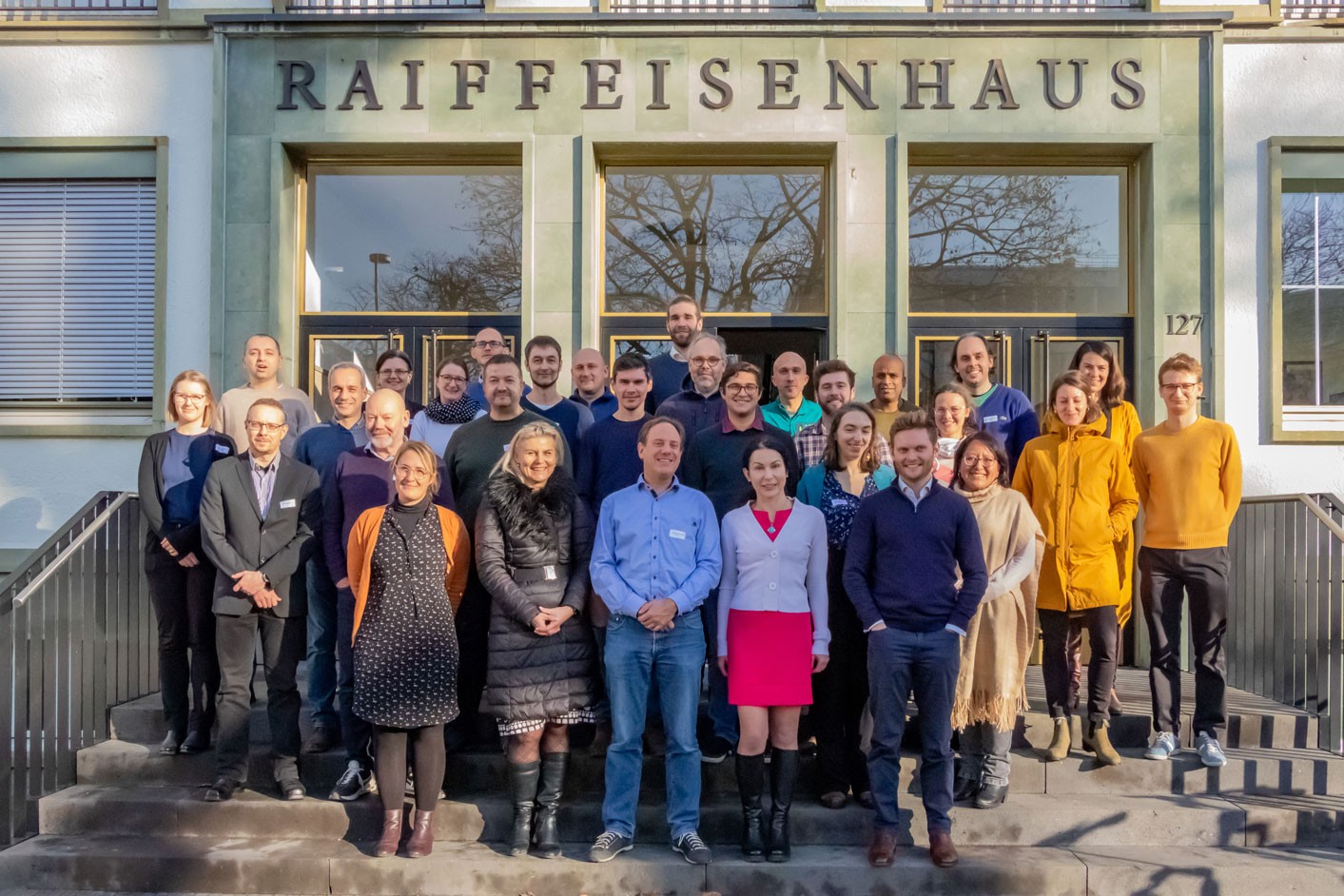BioMonitor4CAP is a research project aiming to develop advanced biodiversity monitoring to show which agricultural practices and policies work best at conserving farmland biodiversity. Twenty-three partner organisations from 10 European countries and Peru participate in this project funded through the Horizon Europe research and innovation programme.
Agriculture covers around half of the European terrestrial land surface, and intensive agricultural land-use is one of the major drivers affecting habitat and species diversity in agricultural landscapes. The EU 2030 Biodiversity and Farm to Fork Strategies aim to halt biodiversity loss while preserving European and global food security and ensuring human well-being. Yet, regulations implementing these strategies have to be negotiated and finally decided by the co-legislators. At this stage, the outcomes of these negotiations are still unclear. However, what seems quite crystal clear if that in any case results-based monitoring of progress will be needed.
Efficient and representative strategies are required to monitor biodiversity and its loss or recuperation through space and time.
With the participation of Farm Europe, the BioMonitor4CAP project will test, validate and develop affordable and reliable biodiversity monitoring systems that work both on farmland and in Natura 2000 sites by combining classical biodiversity indicator systems with technology-driven approaches such as acoustic, optical or molecular approaches. The project will develop predictive response models to recommend appropriate changes in land management to improve on-farm biodiversity. “Such biodiversity monitoring systems are needed to implement result-based policies in European agricultural landscapes”, say Dr. Nils Borchard, DLG and Prof. Christoph Scherber, LIB.
The project will involve multiple stakeholder groups to ensure successful implementation of newly developed biodiversity monitoring systems.
